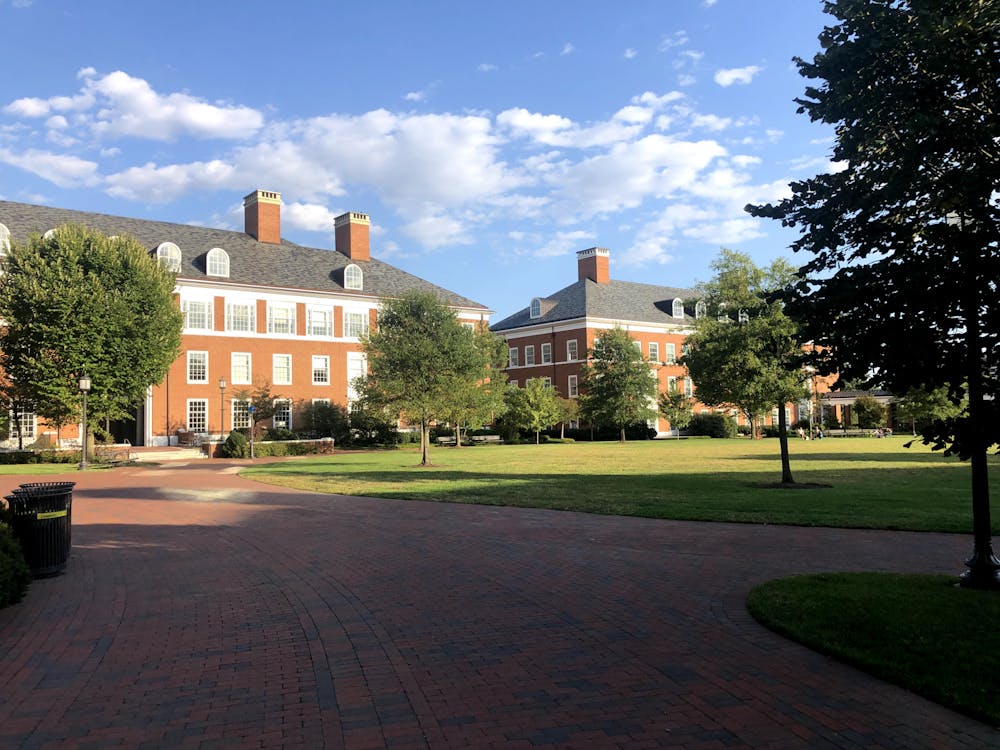The Student Government Association discussed mid-semester course evaluations and guidelines for the Student Activities Commission at its weekly meeting on Tuesday, March 9.
Junior Class Senator Veda Chanda and Freshman Class Senator Raj Bhatt introduced a resolution implementing mid-semester course evaluations. In addition to the end-of-semester course evaluations, the resolution will implement course evaluations after a first exam or paper has been submitted.
Chanda argued that their resolution would improve both course quality and student and faculty experiences.
“Once course evaluations are done once the semester is done and students have moved onto a new course, it’s less likely that professors will be able to implement effective change because there’s no dialogue,” he said.
Bhatt echoed Chanda, explaining that the change would allow students to voice their concerns.
“We can’t just say to ourselves, ‘If there’s an issue, students will bring them up individually to professors.’ You might not want to be in confrontation with your professors,” he said. “It’s really important to have this mid-semester feedback.”
Ultimately, the resolution was passed.
Sophomore Class Senator Karen He then presented a proposal to amend the Student Activities Commission’s budget arrangement from an annual budget allocation system into a semesterly one. Under the bill, the procedure of filing budget allocation requests would remain the same.
He explained that the change will be easier for student groups.
“What groups would have to do is that in the spring they would request more funding for the next academic year,” she said. “Instead, we decided a semester allocation budget worked better since groups typically don’t know what they’re going to use for the whole year. It’s better for them in terms of planning for one semester at a time instead of one year.”
She also clarified that annual caps will be kept for groups who need them. According to He, the annual Independent Contractor cap would be $4,500; the JHU Professionals Services cap would be $2,000; the non-Reusable, non-Prize Items cap would be $1,000; the Reusable Items, Supplies, and Equipment cap would be $1,500; the Food cap would be $1,000; the Registration Fees cap would be $1,500; the Travel cap would be $1,500; and the Printing/Advertisement cap will be $3,200.
Freshman Class Senator Harvey McGuinness explained that the changes would fix a large number of the guidelines’ redundancies and loopholes.
“The overall purpose of this was to make budget requests as easy as possible for all parties involved,” he said.
The change to the guidelines passed unanimously.
The general body also discussed a bill to fund a Health and Safety Kahoot Night.
Sophomore Class Senator Talia Shadroui claimed that the event would make students more aware of the University’s guidelines and resources.
“Our purpose behind this is to remind people about COVID guidelines and resources and mental health resources on campus,” she said. “We want to repeat this information to students, since we do get a lot of emails and it’s difficult to keep track of everything. In order to incentivize people to come, we’re offering prizes. Besides that, it’s also intended to build community here and encourage students to meet one another.”
After agreeing to amend the section regarding event dates, the bill was passed.





